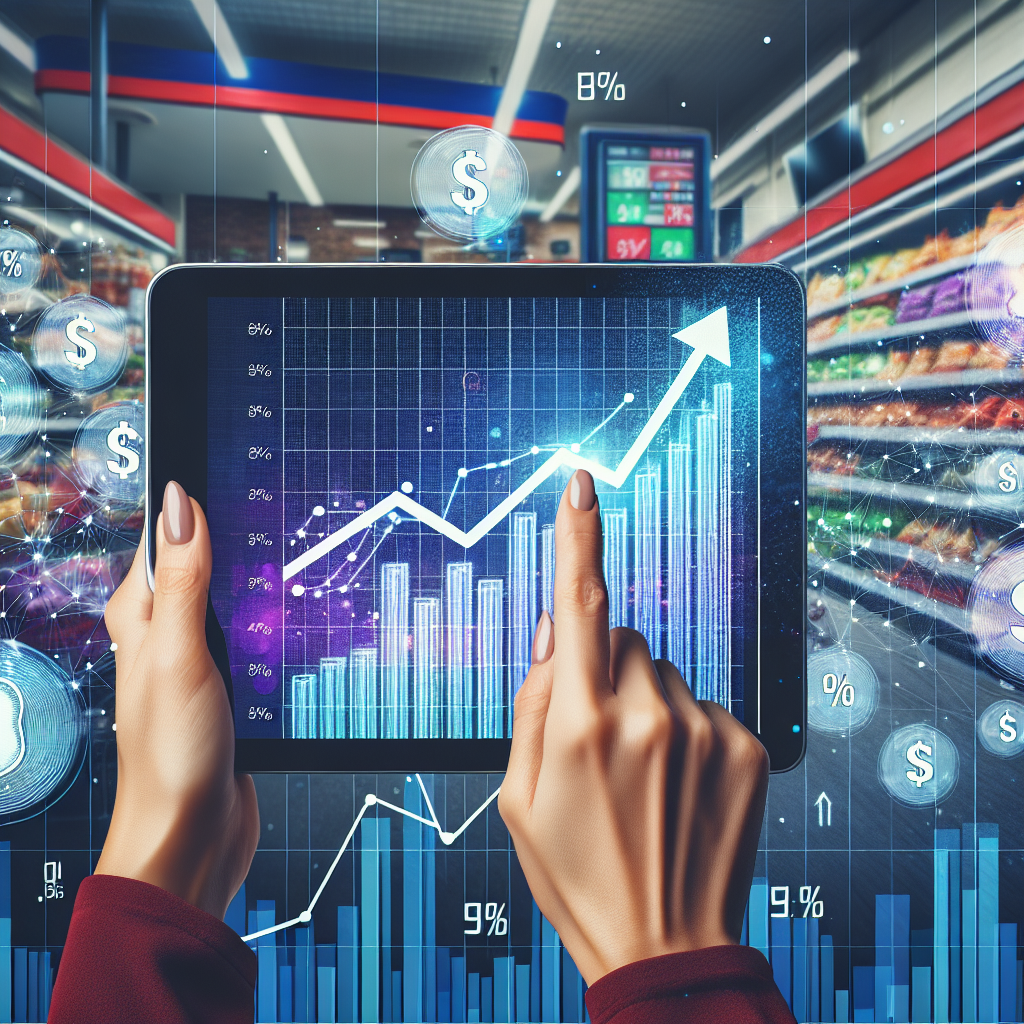Britain's Inflation Challenge: Tariffs, Spending, and Economic Uncertainty
Britain's inflation woes are reignited by the new government's spending plans and potential global trade tensions spurred by U.S. President-elect Donald Trump's tariff strategies. The Bank of England raises inflation forecasts, posing challenges to Prime Minister Keir Starmer's economic growth promises, amidst global economic uncertainties and waning investor confidence.

Britain's battle with inflation is far from over, complicated by domestic spending policies and international trade tensions. While the new government's spending initiatives aim for short-term growth, they have inadvertently raised concerns about long-term inflation, further complicated by looming tariffs from the U.S. under President-elect Donald Trump.
The Bank of England has adjusted its inflation projections, highlighting a precarious economic path where price stability is threatened. Investor confidence is shaky, with initial optimism for interest rate cuts waning, impacting Prime Minister Keir Starmer's goal to drive the UK economy ahead of its G7 counterparts.
As geopolitical forces shift, the BoE faces a complex monetary landscape. Economists, like Rob Wood of Pantheon Macroeconomics, emphasize the potential global ripple effects of trade tariffs, which could hinder efforts to stabilize inflation and interest rates. Central bank leaders, including BoE's Huw Pill and Catherine Mann, are cautiously navigating these challenges.
(With inputs from agencies.)
ALSO READ
Myanmar’s Economy Faces Severe Setbacks Amid Conflict, Natural Disasters, and Worsening Food Insecurity
Inferno at Pasighat Market Devastates Local Economy
Empowering India's Gig Economy: Social Security Schemes on the Horizon
Ghana's Economy Booms Amid Sector Expansion
Thai PM Paetongtarn Shinawatra's Bold Moves to Revitalize Economy










